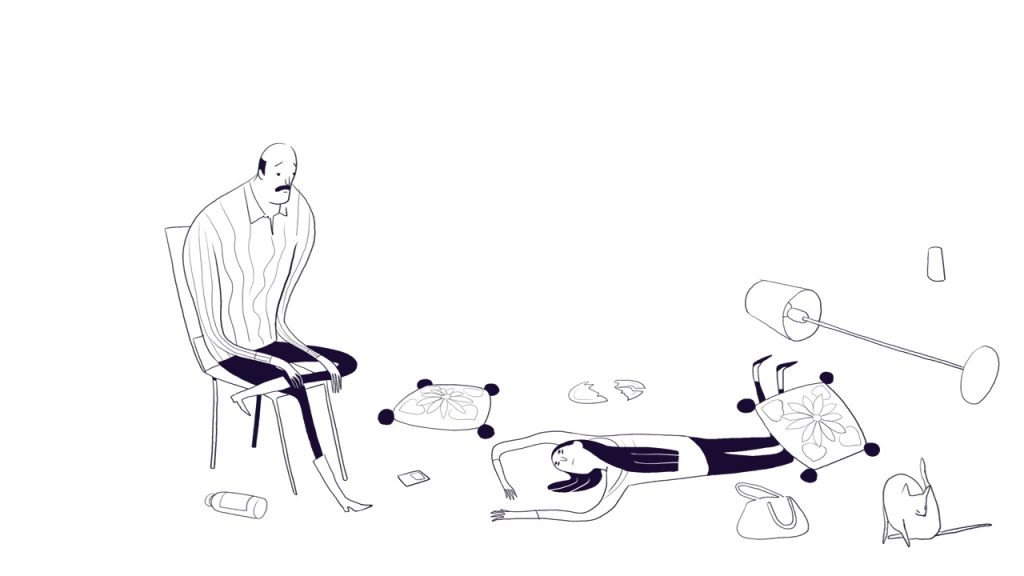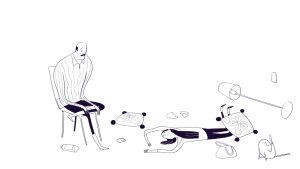Can We Protect Them from Overdose?

This post originally appeared on our Member Site blog, where experts respond to members’ questions and concerns. To learn more about membership, see our Membership Benefits page.

“I have a disorder just like any other medical disorder.”
“But they won’t give me what I need to deal with it.”
“So it’s not like it’s actually my fault.”
“You’re not taking me to the right doctor.”
“It’s not as though I can cure it.”
Dominique Simon-Levine, Allies in Recovery founder, responds below
What does a loved one do when we confront them about their addiction? They typically defend or deny. What may feel like the right moment to bring up drug use usually gets you two very predictable responses: a defense of their use, or a denial that there is a problem. It sounds like your daughter and her boyfriend have become genius in their excuses.
Waiting for the right moment is a critical part of your work
It’s critical to wait for the right moment to talk about use or treatment (Module 8 of our eLearning series lays this out; watch an excerpt here). Raising the topic in the wrong moment just teaches your loved one to get ever more sophisticated in their justifications.
Pushing off responsibility for one’s addiction is a hallmark of addiction. The central challenge of treatment is therefore getting the person to take responsibility for their addiction. The family also has a role to play: resisting the temptation to pick up that responsibility if/when your loved one drops it.
For the family, this opioid epidemic is like living in active combat
Your daughter’s boyfriend’s recent overdose puts death within striking distance. Indeed, it colors every day and every moment. It can make family members act protectively. It’s hard to avoid policing, and thus taking on the responsibility for the drug use. Where’s the line?
I think a lot about this fundamental dilemma. How do you keep from encouraging further drug use by raising the bottom and protecting your loved one from overdose? How as a family member do you live with the dangers your loved one is facing, day in and day out? Finally, how do you avoid depleting your energy and becoming obsessed with the circumstances of your loved one’s life?
A membership at Allies in Recovery brings you into contact with experts in the fields of recovery and treatment for drug and alcohol issues. Our learning platform introduces you to CRAFT and guides you through the best techniques for unblocking the situation. Together we will move your loved one towards recovery. Learn more here.
